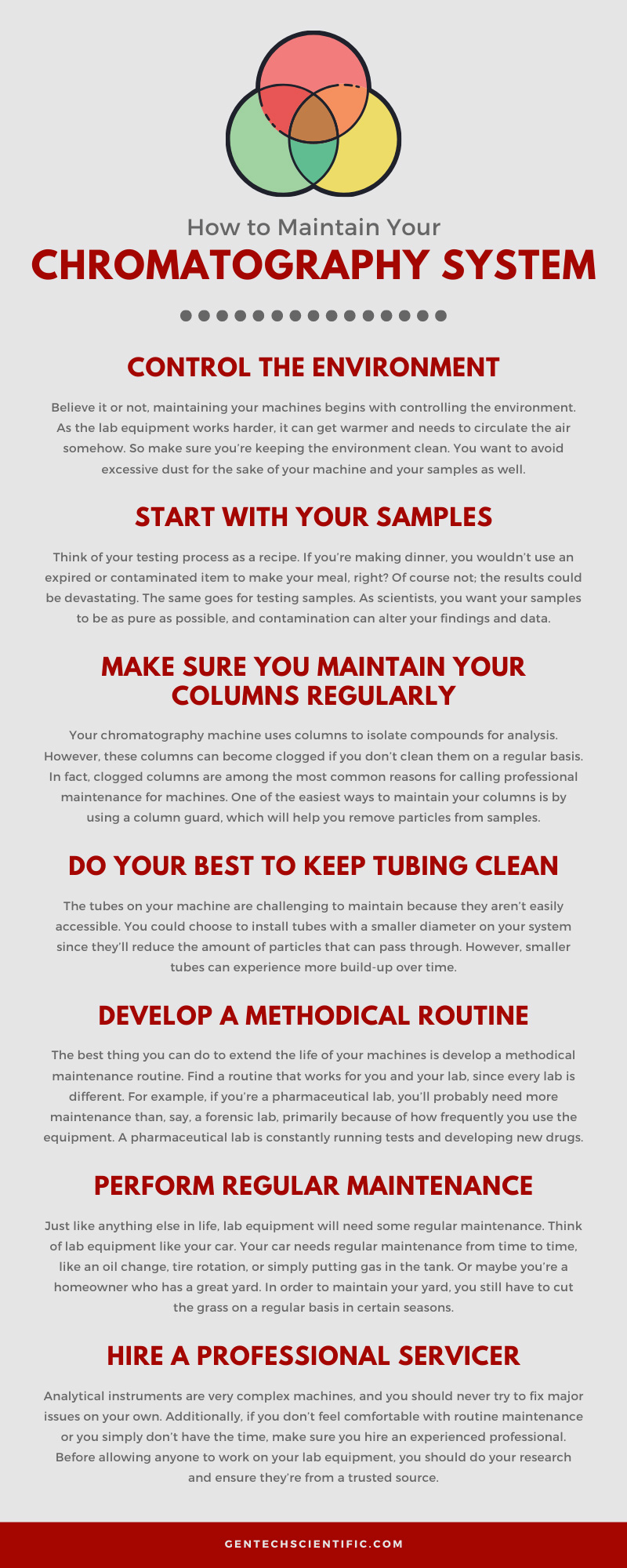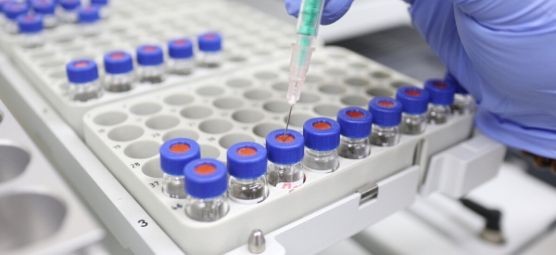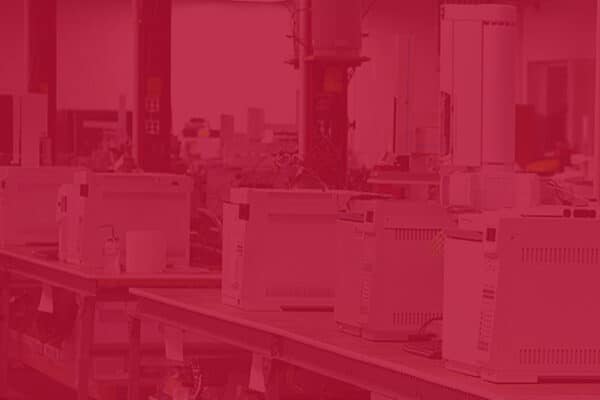Chromatography and other analytical instruments have been significant in scientific research. These machines have been vital for researchers, forensic scientists, food scientists, pharmaceutical professionals, and more. In other words, these tools help scientists find breakthroughs in their specialties, solve crime cases, and keep people healthy. So there’s no question that the world needs these analytical instruments. However, that also means that lab technicians and scientists have the responsibility to maintain the equipment to the best of their ability. Keep reading to learn how to maintain your chromatography system in your lab.
Control the environment
Believe it or not, maintaining your machines begins with controlling the environment. As the lab equipment works harder, it can get warmer and needs to circulate the air somehow. So make sure you’re keeping the environment clean. You want to avoid excessive dust for the sake of your machine and your samples as well. Additionally, you should keep the room itself controlled when it comes to humidity and temperature. Excessive heat and humidity can result in reducing the lifespan of the equipment because a machine will need to work harder to stay cool. So if you simply control the environment, your equipment will last longer, and you won’t need to worry about an overheating machine.
Start with your samples
Think of your testing process as a recipe. If you’re making dinner, you wouldn’t use an expired or contaminated item to make your meal, right? Of course not; the results could be devastating. The same goes for testing samples. As scientists, you want your samples to be as pure as possible, and contamination can alter your findings and data. However, aside from affecting your research, a bad sample has another disadvantage––it can affect your machine. So before injecting your sample, we’d recommend filtering it to ensure you’re removing any particles that could contaminate it and damage your machine.
Make sure you maintain your columns regularly
Your chromatography machine uses columns to isolate compounds for analysis. However, these columns can become clogged if you don’t clean them on a regular basis. In fact, clogged columns are among the most common reasons for calling professional maintenance for machines. One of the easiest ways to maintain your columns is by using a column guard, which will help you remove particles from samples. Another common method is injecting HPLC-grade water through the sample. This will help you clean both the columns and the tubing. Additionally, some people choose to store their columns in a refrigerator in order to avoid growing bacteria, though it’s not necessarily required.
Do your best to keep tubing clean
The tubes on your machine are challenging to maintain because they aren’t easily accessible. You could choose to install tubes with a smaller diameter on your system since they’ll reduce the amount of particles that can pass through. However, smaller tubes can experience more build-up over time. Instead, we’d suggest regularly flushing the tubes with HPLC-grade water. Over time, you’ll probably need to replace your tubing anyway.
Develop a methodical routine
The best thing you can do to extend the life of your machines is develop a methodical maintenance routine. Find a routine that works for you and your lab, since every lab is different. For example, if you’re a pharmaceutical lab, you’ll probably need more maintenance than, say, a forensic lab, primarily because of how frequently you use the equipment. A pharmaceutical lab is constantly running tests and developing new drugs. However, a forensic science lab is only operating when they need to. If you get in the mindset and develop the habit of maintaining your equipment, the whole process will be much easier than trying to do so without a routine. Not to mention your equipment will certainly last longer, which will save you money in the long run.
Perform regular maintenance
Just like anything else in life, lab equipment will need some regular maintenance. Think of lab equipment like your car. Your car needs regular maintenance from time to time, like an oil change, tire rotation, or simply putting gas in the tank. Or maybe you’re a homeowner who has a great yard. In order to maintain your yard, you still have to cut the grass on a regular basis in certain seasons. The same goes for your lab equipment. Performing regular maintenance will reduce the chances of having any major issues down the line.
Hire a professional servicer
Analytical instruments are very complex machines, and you should never try to fix major issues on your own. Additionally, if you don’t feel comfortable with routine maintenance or you simply don’t have the time, make sure you hire an experienced professional. Before allowing anyone to work on your lab equipment, you should do your research and ensure they’re from a trusted source. Some of the signs you should look for in a company or servicer are: their ratings, how long they’ve been in business, and their credibility. If they aren’t clearly showing their credibility and they avoid talking about ratings, you probably shouldn’t be working with them.
There’s no question that analytical instruments are vital to research and science, so why do so many people fail to maintain their equipment? Often, the reason is they didn’t know they had to maintain the equipment, or they didn’t know how. Luckily, there are plenty of resources to teach you how to maintain your chromatography system. Of course, some machines are going to require more serious repairs or maintenance, in which case you should call a professional.
Here at GenTech Scientific, we began as a service company, and we never let go of our roots. With over twenty years of experience, extensive industry experience, and competitive prices, we pride ourselves on high-quality work and integrity. So whether you’re looking to purchase refurbished analytical instruments or you need a lab equipment repair service, GenTech Scientific is your trusted partner. With our flexibility, we guarantee your lab will have minimal downtime, and we’ll get you back to work quickly. Contact us today for more information.








